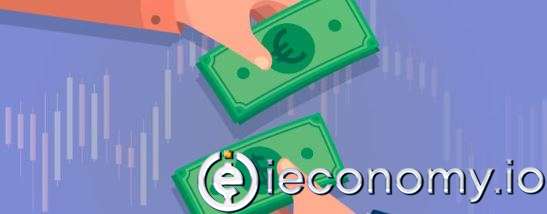4663
0
What is Swap? Things to Know About Swap...
What is Swap? In financial markets, contracts in which interest payments and foreign currency denominations of two parties are...

Yazar: James Gordon
Yayınlanma: 15 Temmuz 2022 19:04
Güncellenme: 3 Mart 2026 00:58
What is Swap? Things to Know About Swap...
What is Swap? In financial markets, contracts in which interest payments and foreign currency denominations of two parties are exchanged are called Swaps.
Swap is defined literally as "to exchange, swap, swap, change".What does Swap do?
A swap is a transaction in which two parties exchange the cash flow associated with an asset or liability between them. Swap transactions aim to minimize the risk arising from changes in interest rates and exchange rates.What is a swap transaction good for?
- Providing access to different markets
- Can be used to reduce resource utilization costs
- Ensure protection of trade secrets
- Contracts can be made at the desired maturity
- Protection from market instability
- Reduction or elimination of risks
- What is an interest rate swap?
- Currency swaps,
- Interest rate swap,
- Cross currency swap transactions.
İLGİLİ HABERLER





European stocks soared and focus shifted to German retail sales after Powell's speech!

Forex Signal For TRY/USD: Inflation Slowdown in November.

Forex Signal For GBP/USD: Bullish Trend Still Not Breaking While Recovery Continues.

Forex Signal For EUR/USD: Starry US Data Points to Higher Fed Increases.

Forex Signal For BTC/USD: Downside Continues as Bitcoin Recovery Moves Less.
En Popüler Haberler
Yorum Yap
Yorumlar
Henüz yorum yapan yok! İlk yorumu siz yapın...